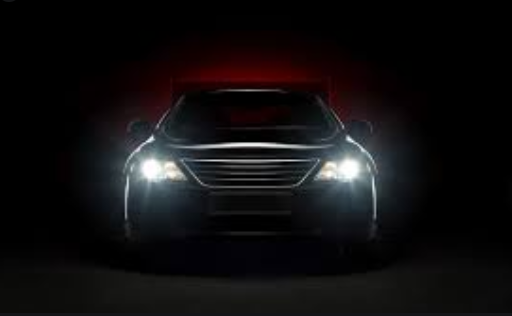Wearing good lights is one of the most important premises before hitting the road. Car lighting is essential. It is important to see, but also to notice by others. Therefore, having good lights is one of the most important premises before hitting the road. They are the most important factor for driving at night and in adverse weather situations.
When choosing the most suitable lights for the car, you must take into account that not all of them offer the same performance when it comes to lighting.
Halogens: these types of lights are the most common in cars, although they are no longer being used to make way for other, more innovative types of lighting gradually. They based on a light bulb with filaments. They are the cheapest, but they have a very limited lifespan of around 500 hours of use.
Xenon: its operation is more complex. The xenon uses a gas tube that is heated by two electrodes. The intensity of the light they provide is up to three times more than that of a halogen. Besides, they consume less power.
LED: they work joining several diodes of light of small format. Among its advantages, it stands out with a high luminosity, low consumption, and lifespan around 10,000 hours, more bases are suitable for headlight, such as h7, h4, h13, h1 led bulb, etc.
Laser: it is the latest technology—the lights made of several laser diodes combined with a phosphor fluorescent substance. Compared to LED lights, they offer quadruple brightness. Among its advantages, they have a range of up to 600 meters, consumes less energy than LEDs, and has a longer lifespan. But it is often at a high price to buy.

From Halogen Bulbs to Xenon
Most cars have halogen bulbs on their headlights. It is the simplest mechanism, with a light bulb inside whose filament reaches high temperatures. To change the lighting, carmakers switched from an incandescent bulb system to one with halogen gas that emits more light at the same consumption. The headlight design was also changed, from metallic reflectors and glass lenses to plastic, it is much more malleable.
At the end of the 90s, the automobile industry began to bet on xenon light. A solution that is increasingly common but has not succeeded in undoing the traditional halogen lighting system. Halogen and xenon headlights are the most common in the automotive industry. Although the improvements have a great change in recent years, they are at a disadvantage compared to new systems such as LEDs.
The main difference with xenon lights is their lighting, whiter, and with a greater light beam. This greater light beam is very important, especially in the night driving, when a greater field of vision allows us to react earlier to an eventual obstacle. The xenon headlights are more efficient and durable but also with a higher cost, both in the purchase and repair. Another problem with xenon lights is the glare they cause, so a xenon projector always accompanies them.

LED and laser headlights
Led is a lighting technology with multiple advantages over previous systems. Firstly, it has a much longer lifespan, offers lower consumption, and allows developers to implement innovative lighting systems more easily.
In the words of VW engineers, users prefer headlights with white light, while LEDs offer a temperature close to 5500K. In contrast, the halogens are over 3000K, and the xenon is around 4500K. One of the limitations is that with a single LED, we could not achieve the desired luminosity so that we will use several diodes.
To adjust the headlight illumination to the road more precisely, some manufacturers are introducing matrix-LED headlights. These are headlights with independent electronic shutters and where the different LEDs can switch on and off dynamically.
In addition to its inherent advantages, LED lighting enables car manufacturers to more precisely adjust the brightness of their headlights. For example, they dim it if another car is coming in the opposite direction.